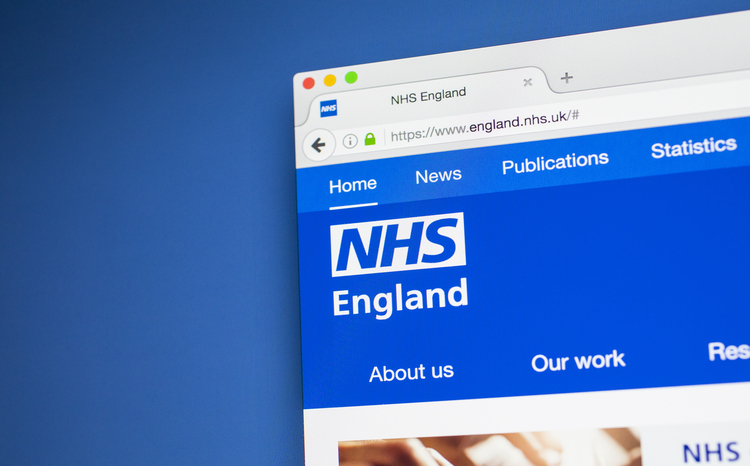Birmingham gets Kids conferencing system
- 18 March 2014

Birmingham Children’s Hospital NHS Foundation Trust has deployed a bespoke touch screen conferencing system to deal with emergency triage and referrals.
The OpenScape Xpert system from Unify helps the trust’s Kids Intensive Care and Decision Support service to handle referrals and emergency conference calls more efficiently, by quickly including specialist doctors in the decision making.
The service provides assistance to clinicians in hospitals across the West Midlands who are treating critically ill babies, children and young people. All calls to the Kids hotline are assessed, managed and triaged by the KIDS consultant paediatric intensivist in conjunction with other specialists.
Phil Wilson, Kids lead nurse at the trust explained that it needed a system which has the capacity to receive emergency calls, but is also able to quickly set up conference calls and get experts on the line.
“We needed a system receiving these calls and getting on the line the particular specialist doctor who can give some advice on making some decisions at the front end at the patient’s bedside,” said Wilson.
He said the trust’s previous conferencing system struggled to run more than one call at a time. With a busy service and several hospitals phoning it at once, this needed to be improved.
“The main difference is the ability to draft together the conference calls and give the people around the system more flexibility,” he said.
“It allows users to be transferred between calls, to leave and re-join, and allows the Kids operator to create and deconstruct conferences whilst still holding individual personnel on the console.”
The trust is the first hospital in Europe to take the system and went live early last month.
Wilson said that although it has only been a few weeks since the deployment, the trust is already seeing an improvement in streamlining services.
“If someone rings into the controller they can be added in to the conference without us calling them back,” she said.
“Before people would ring into the office on another number and them we ask for their extension and then call them back to add them. It will be difficult to quantify the time savings yet, but the early feeling about it is good.”





